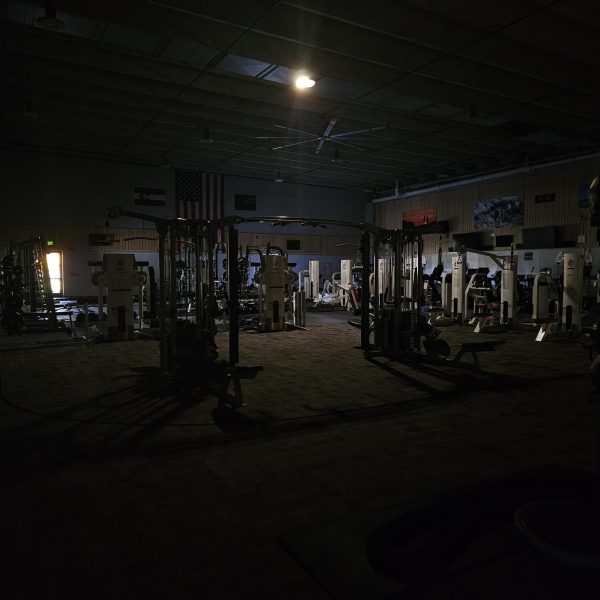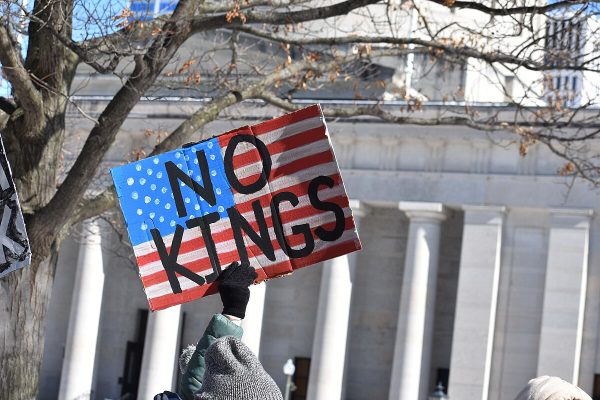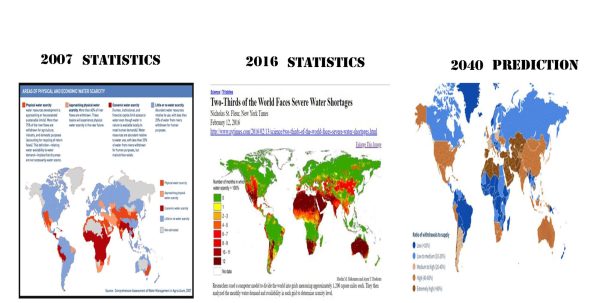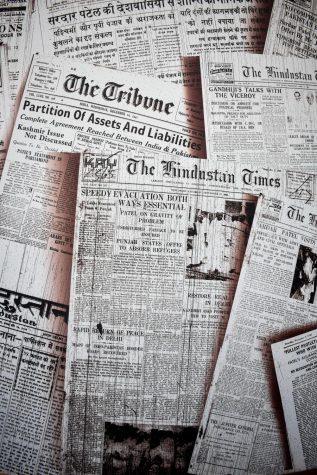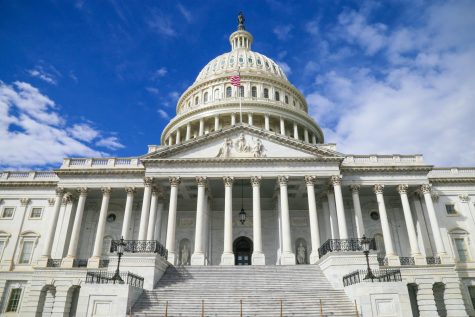The Paper Strength of Russia’s Economy
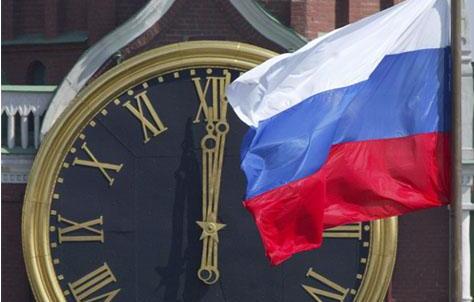
The clock tower in the Kremlin, from segodnya.ua, via gazeta-ov.ru
The Russian economy is their greatest single weakness, a target of the sanctions put in place in 2014 by the European Union as a punishment for the illegal annexation of Crimea. But even with the sanctions, the Russian economy seems to be staying afloat. It even grew in 2017.
The Russian government has virtually no debt, so they can afford a large military modernization program. Investment in the county is on the rise, mostly from brokerage firms around Europe trying to cash in on the promised high returns. Plus, the Russian government makes large sums of money from their state-run oil companies to make up for the disparity in trade.
But this is all a front — the Russian economy looks good on paper, but the system is straining at the seams. Other foreign investors see the Russian bonds as risky because their economy is weaker than presented. And this new flux of foreign investment is not as high once the corruption of the oligarchs is accounted for. The $4 billion in foreign investment is still tentative and means little to average Russian citizens.
The truth is that the Russian economy is being propped up by the sheer determination by the Russian state. Russia had planned around 2008 to use oil revenues to invest in infrastructure and banking to develop their economy. But when the global recession hit, they had to use their oil revenues to pay for subsidies and tax cuts to hold up their economy.
The commonly believed magic number for Russian oil sales to be able to balance its budget is $68/barrel. This month it has been holding near $65/barrel.
The lowest point was in 2016 at around $31/barrel, which nearly destroyed their currency and the rest of the Russian economy.
The Russian economy has recovered slightly with the increase in oil prices, but it remains fragile. Their recent growth of 1.5% might continue into the foreseeable future, but 1.5% is still lower than all their neighbors.
Due to the sanctions, Russians have a smaller market in which to sell their goods. That forces them to produce less, and have less to sell worldwide. The sanctions are having the effect of slowing Russia’s potential future growth.
Despite having 140 million people, Russia has a very low GDP at $1.28 trillion, in comparison England has a population of 65 million has a GDP of $2.56 trillion. That means the average Brit is four times wealthier than the average Russian. The average American is more than six times wealthier.
On top of that, Russia’s population has been shrinking since the fall of the Soviet Union. A combination of people leaving the country, low birth rates, and a high death rate among 25-35-year-olds have shrunk Russia’s population.
In the long term, this means that with fewer people and less economic activity, the weaker the economy. This is a challenge Russia must face on top of the situation they put themselves in with the sanctions, as the country still refuses to acknowledge that the Crimean issue is the reason for the sanctions.
So, most of the money the Russian state collects goes to their military.
Russia’s military spending has not gone entirely to waste; they are developing and building new weapon and defense systems constantly. But many think that their military spending is becoming a fiscal black hole.
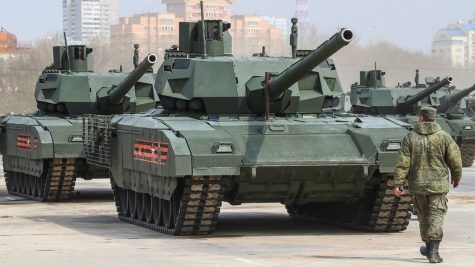
Some new weapons systems have been introduced but the numbers give the impression that it’s all propaganda. 20 brand-new tanks likley will not win against 200 older tanks.

The Russian military’s industrial complex is a major employer and exporter. Russian international arms sales still keep pace with the US. Russia’s military expenditures may have more to do with employing workers than revamping their military.
Putin knows that Russia cannot compete with the west economically in the long term. The drive then is for Russia is to fully exploit any advantage they have. The clock is ticking and their shrinking influence and power force them to try to achieve their geopolitical goals before they fall too far behind.
The invasion of Crimea happened quickly, and because it was in Russia’s backyard, the world couldn’t stop it. Russia has conducted mock nuclear strikes in war games to frighten non-aligned nations like Sweden. Their reactivation of Arctic military bases gives them better access to the rich region of the Arctic sea.
All of these aggressive provocations are creating tensions on a global scale, and the expulsion of Russian diplomats around the world following the recent nerve agent attack in the UK doesn’t do them any favors either.
Russia is exploiting their current advantages in geography and military might give them an edge in achieving short-term goals, possibly allowing Russia to compete again in the future.
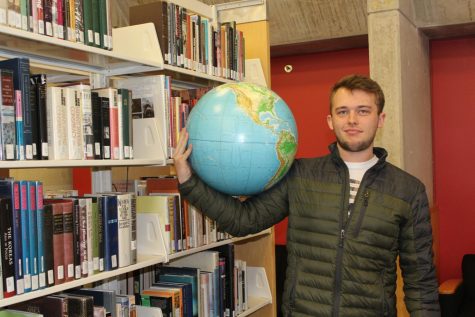
Though it’s my first year at ACC, it’s my fourth year in college. I started at Xavier University in their engineering program. I have enjoyed politics since I was a kid and stayed up to watch the Colbert Report. I was involved...



